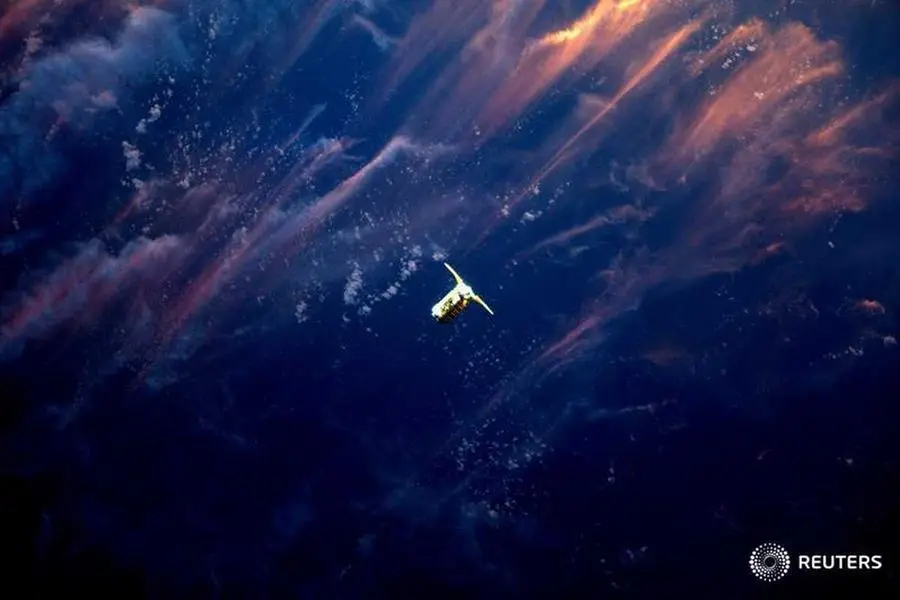PHOTO
PARIS - More than 20 nations have reached an agreement on funding space projects over the next three years after last-minute delays in ministerial talks in Paris, two delegates told Reuters.
The European Space Agency had asked its 22 member-nations to come up with 18.5 billion euros ($19.06 billion) to fund rocket launches, satellites and Europe's participation in planetary research for 2023-25, up from 14.5 billion in the previous period.
The total amount raised for space missions in the latest triennial funding round was not immediately clear. ESA had no comment ahead of a planned news conference.
The next round of financing will be spread between about 40 projects designed to further climate research and exploration as well as other strategic objectives.
"We are getting there; the total is coming up nicely. It may not get all the way there but (we) will be close," a delegate from a major contributing country said earlier as officials entered the latest in an exhausting series of talks.
Germany, which since 2019 has been the agency's biggest financial backer ahead of France, dug its heels in over aspects of the proposed increase as talks ran long, another delegate said.
A key stumbling block was the detailed funding of Europe's Ariane and Vega rocket launch network.
The European agency, whose Ariane rocket pioneered commercial launches but now faces intense competition from Elon Musk's SpaceX, is seeking to maintain a key role in space while balancing political constraints of its large and small nations.
The funding exercise in a hangar-like temporary conference centre near the Eiffel Tower involved back-to-back rounds in which nations chipped in to areas like exploration in return for industrial work.
Ministers and officials took their horse-trading into a dinner reception at the Paris Opera on Tuesday and then into the night as several nations organised "splinter meetings".
In 2019, ESA nations adopted a budget of 14.5 billion euros, meaning the agency was asking for a roughly 25% increase spread over three years.
Small countries were seen as making painful efforts to come up with budgets guaranteeing new skilled jobs under ESA's quid-pro-quo "fair return" system as the deadline neared for a deal.
"Every figure is committing nations; it is not just an Excel spreadsheet," a third person familiar with the talks said.
In a joint declaration on Tuesday, Europe's big three space launch nations - France, Germany and Italy - opened the door to a new generation of microlaunchers and a future review of funding rules in the face of U.S. and Chinese space ambitions.
ESA Director General Josef Ashbacher said late on Tuesday that the politically significant move had "unlocked" negotiations among other nations, but detailed talks were still needed to translate that into funding under the current system. ($1 = 0.9709 euros)
(Reporting by Tim Hepher; editing by Richard Lough)





















